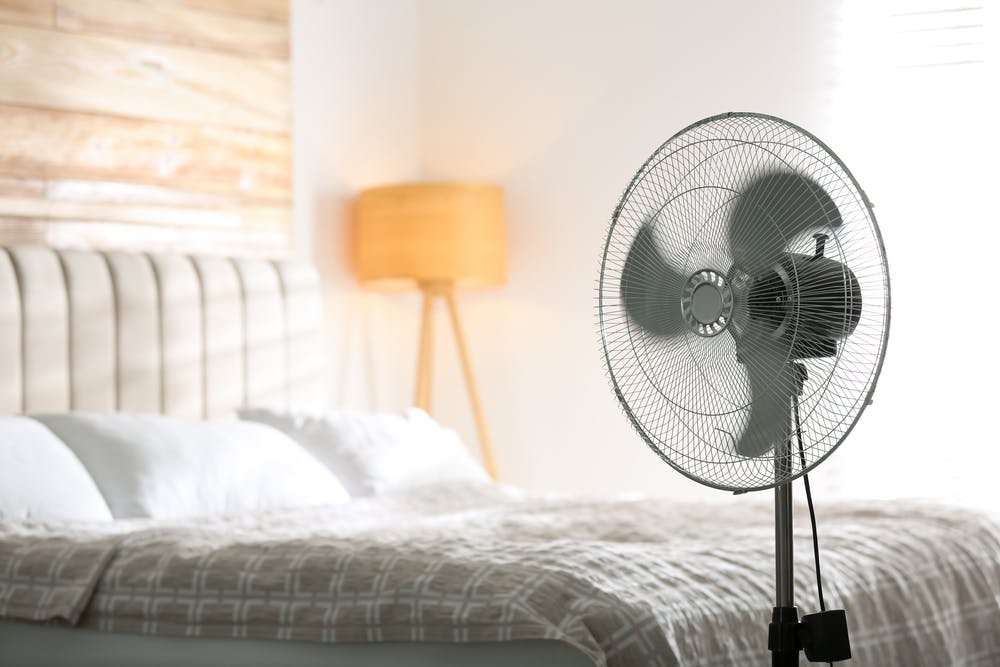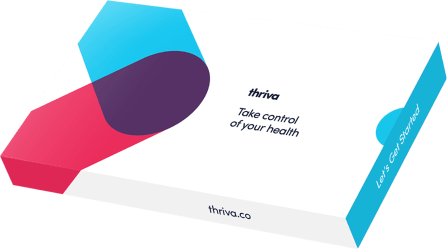Menopause is a natural part of ageing. Your ovaries' ability to produce hormones gradually declines over time — particularly the hormone oestrogen. The drop in oestrogen triggers the levels of another hormone, follicle-stimulating hormone (FSH), to rise. Learn about the most common menopause symptoms and how to manage them.
What is menopause?
Before menopause, most women go through perimenopause. This is when your periods become irregular, and your flow might become lighter or heavier.
Menopause is when you have stopped having periods for one year — triggered by a drop in the levels of the hormones oestrogen and progesterone. This means you stop having periods and are no longer able to get pregnant naturally. Find out more about women's hormones.
When does menopause start?
Your genetics and ovary health influence when you begin menopause. Typically menopause occurs between the ages of 45-55. In the UK, the average age is 51. Your periods usually become less frequent, or they might stop suddenly.
Early menopause
Some women reach menopause before age 45 — roughly 1 in 100. This is called early menopause or premature ovarian insufficiency.
If you’re under 45 and your periods are becoming less frequent or have stopped altogether, it’s important to see your GP so they can test your hormones to see if they're in the menopausal range. This is because of increased risks that come with early menopause —for example, osteoporosis and heart disease.
What are the symptoms of menopause?
Menopause symptoms can begin up to five years before your period stops — perimenopause. They can also continue for a long time after that. The most common menopause symptoms include:
- hot flushes, night sweats, and flushing
- vaginal dryness and discomfort during sex
- difficulty sleeping
- low mood or anxiety
- reduced sex drive (libido)
- problems with memory and concentration
Learn how to reduce your symptoms with tailored GP advice using our menopause insights blood test.
Less common symptoms of the menopause
Some symptoms of menopause are less well-known, including:
- changes to vision — including depth perception and spatial awareness
- changes to smell and taste — it’s also common for women to notice a change to their sense of smell
- cold flushes — rather than hot ones!
- skin problems — including acne, eczema, and psoriasis
- hair thinning
None of these symptoms is usually anything to worry about, but if you’re concerned, you should see your GP.
Things that affect menopausal symptoms
Menopausal symptoms tend to be more severe if you enter menopause suddenly. Lifestyle choices like smoking and drinking a lot of alcohol can also make your symptoms worse.
Interestingly, the most commonly reported symptoms change from one country to the next. In South America, joint pains and discomfort during sex are the most commonly reported symptoms. While in Asia, depressive disorders are more common. Clearly, there’s a cultural element to how these symptoms are experienced and reported by women.
Complications of the menopause
After menopause, dropping hormone levels can put you at an increased risk for several conditions, including:
- heart disease — as your oestrogen levels fall, your risk of heart disease increases
- osteoporosis — your bones become weaker, so you might be more prone to fractures
- weight gain — your metabolism slows down, so it's important to eat well and exercise to avoid gaining weight
- urinary incontinence —your vaginal and urethral tissues lose elasticity, so it’s important to strengthen your pelvic floor muscles
How to manage menopausal symptoms
The symptoms you experience from hormonal changes can be really tough to manage. What works for each person can be very different, so you’ll need to find what works best for you.
Hormone replacement therapy (HRT)
Synthetic hormone medications can be used to help you transition into menopause and ease symptoms — by artificially boosting your hormone levels. You should always consult your GP to find out if hormone replacement therapy (HRT) is the right thing for you.
Supplements
Phytoestrogens are substances found in certain plants that have oestrogen-like effects. These have been shown to reduce hot flashes. Foods high in phytoestrogens include soybeans, tofu, tempeh, and sesame seeds. Some food supplements contain phytoestrogens, like Dong Quai, liquorice, and red clover.
Exercise
Mild exercise for about 20 minutes, at least 3 times a week, has been found to reduce hot flashes. It also has a positive effect on mood — reducing anxiety and depression. Taking your exercise outside will also help to boost vitamin D, which is really important for your bone health.
Nutrition
A healthy balanced diet, with enough fruit, vegetables, and whole grains, is very important as you age. Getting enough calcium, like in dairy or calcium-enriched alternatives, is also really important.
Healthy sleep practices
Aim for 6-8 hours of sleep each night. And try to keep devices like mobile phones and laptops out of your room or away from your bed. It's also a good idea to avoid too much caffeine and alcohol, as these can cause sleep issues. Meditation or mindfulness exercises can help reduce stress, which also promotes better sleep. Find out more tips for reducing stress.


















